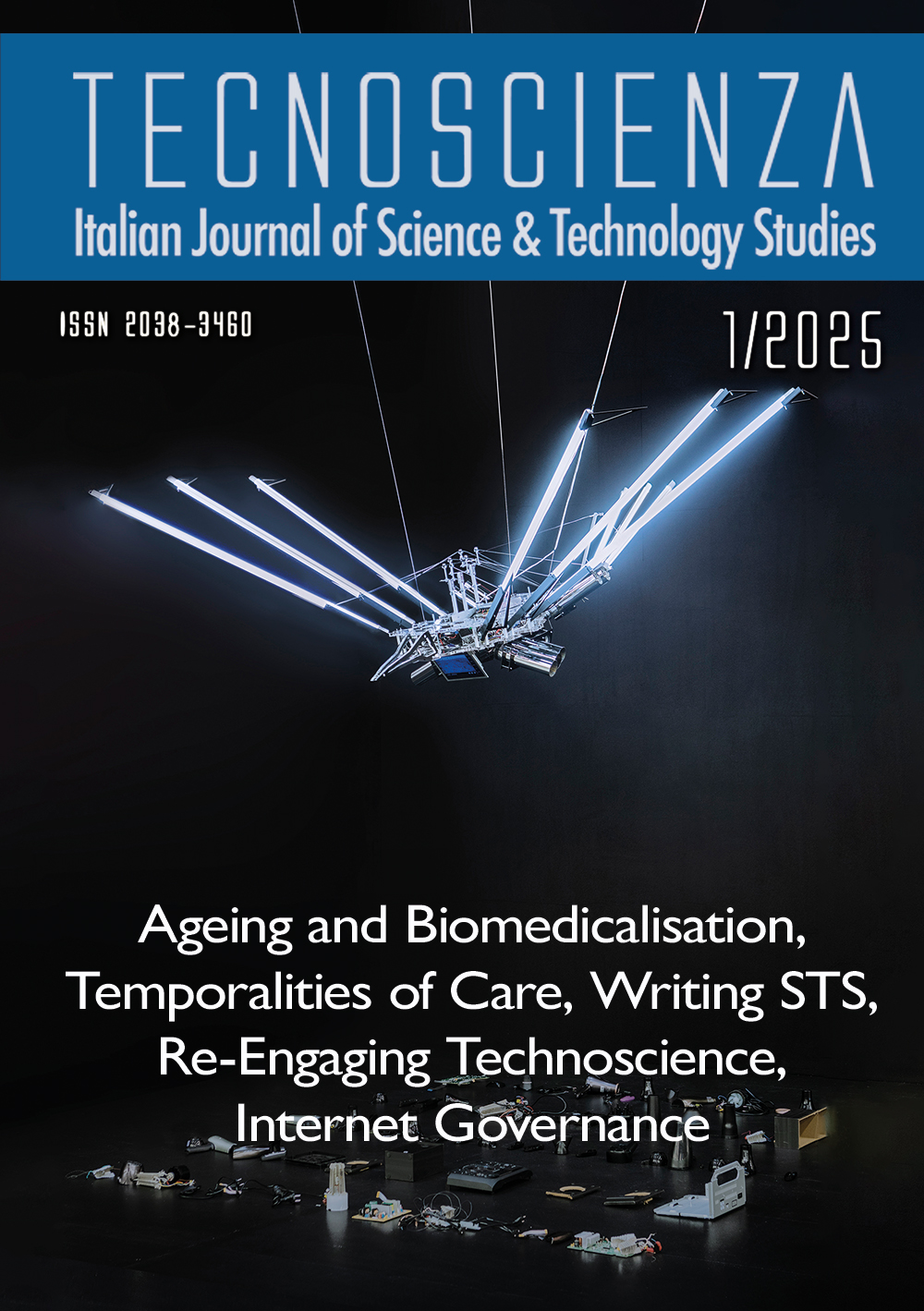The Ecological Rhythm of Mastery of Non-Mastery: Disaster, Ecological Reparation and Biodiversity from Southern Italy
DOI:
https://doi.org/10.6092/issn.2038-3460/18810Keywords:
ecological reparation, mastery of non-mastery, Xylella fastidiosa, ecologies of care, fieldwork, Sicily and ApuliaAbstract
In Salento, since the bacteria Xylella fastidiosa outbreak in 2013, the frictions between temporalities of care and technoscience exposed the issues of the governmental state of emergency imposed since 2013. The disaster – a hecatomb of millions of olive trees – set its own temporality, dictated by the rhythm of the bacteria spreading through the environment. Drawing from ecological reparations in Salento’s aftermath, and from co-evolutionary practices in Sicilian biodiversity, I will outline the features of the temporal experience and rhythms of an ecosystem, particularly those that can no longer be governed. These ethnographic insights contextualize and inquire into Mastery of the non-Mastery, a political and ethical stance colliding nature and culture: for Michael Taussig, MNM is the way to tackle climate change (2020). Wild and feral biologies in the ecosystem oppose the rationality of modern agriculture, while marginalized human-beings, forgotten plants or animals, and discarded lands stand out as assemblages, despite the pervasivity of market-economy and extractivism. If care, ecological reparation and coevolution retrace, just like MNM does, methods of production and reproduction of human/nature relationship outside the extractivist perspective, I question the role of technoscience to help build temporalities of care and ecological repair rather than human frames of mastery over nature.
Downloads
Published
How to Cite
Issue
Section
License
Copyright (c) 2025 Enrico Milazzo

This work is licensed under a Creative Commons Attribution 4.0 International License.





